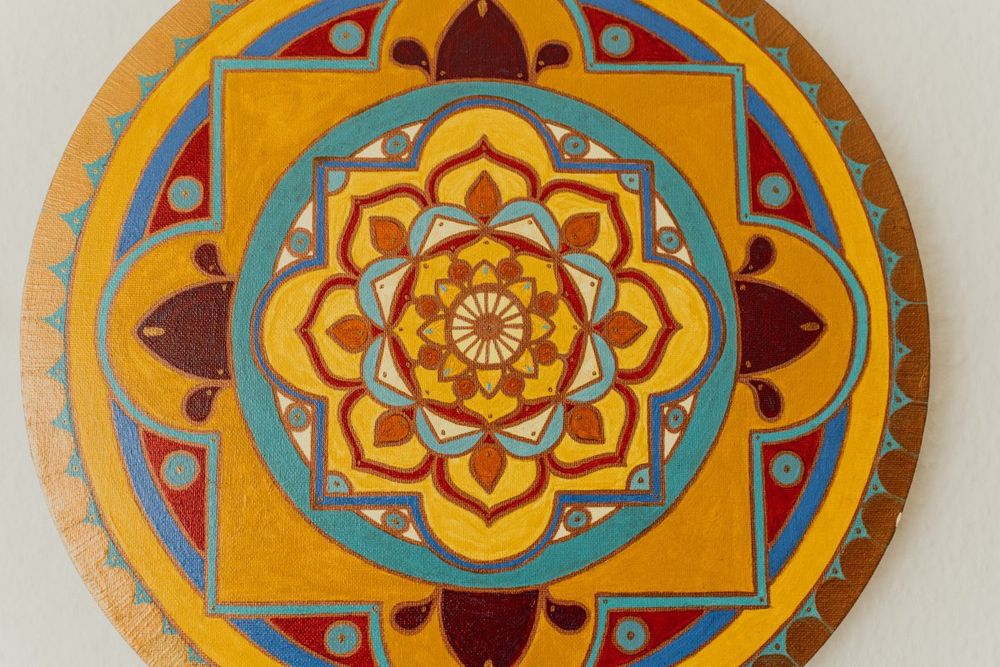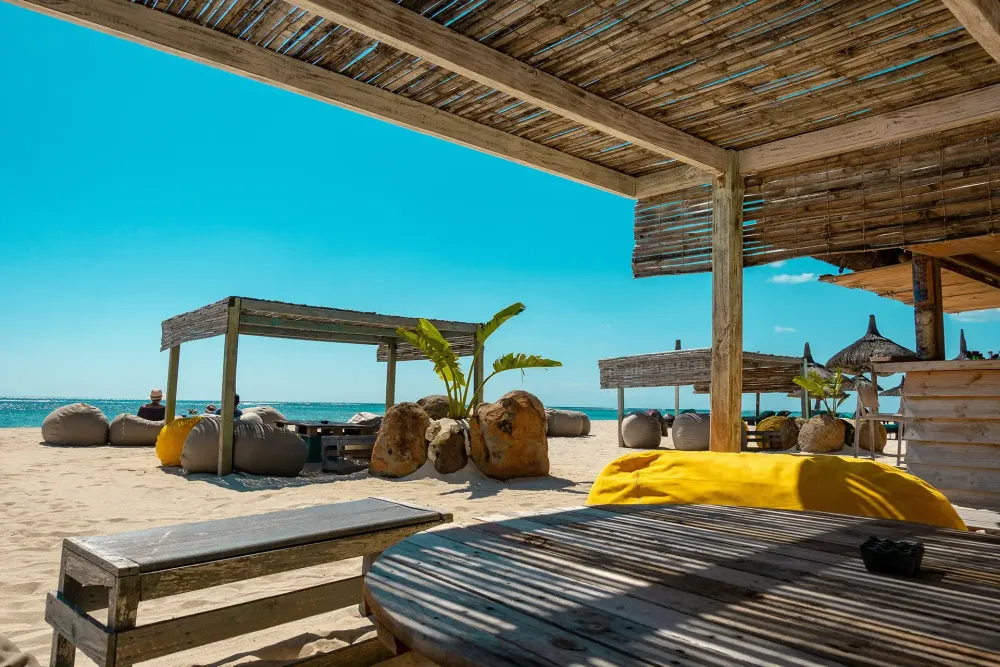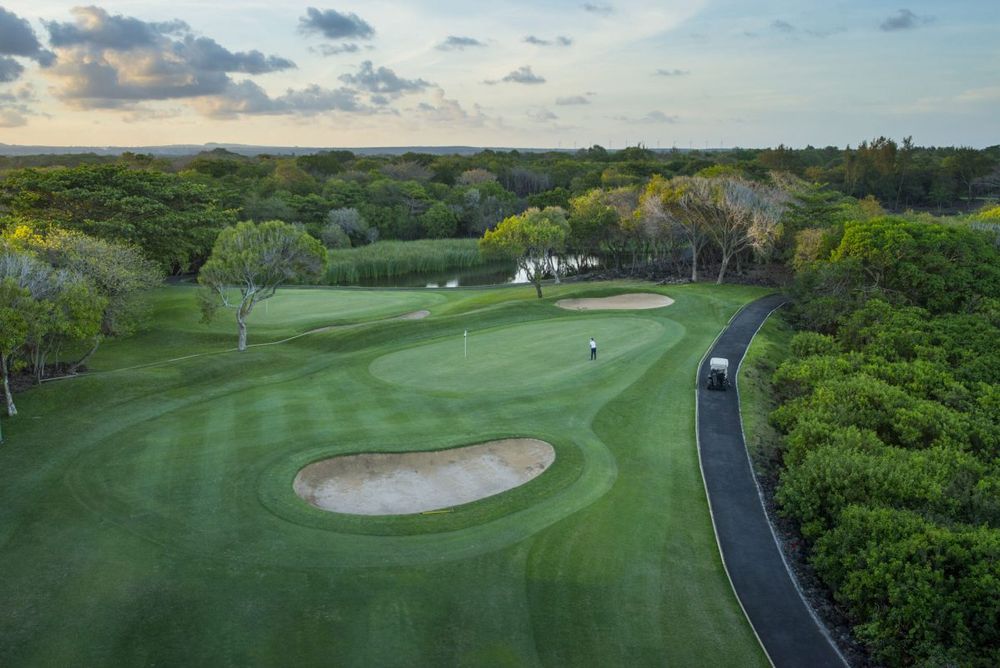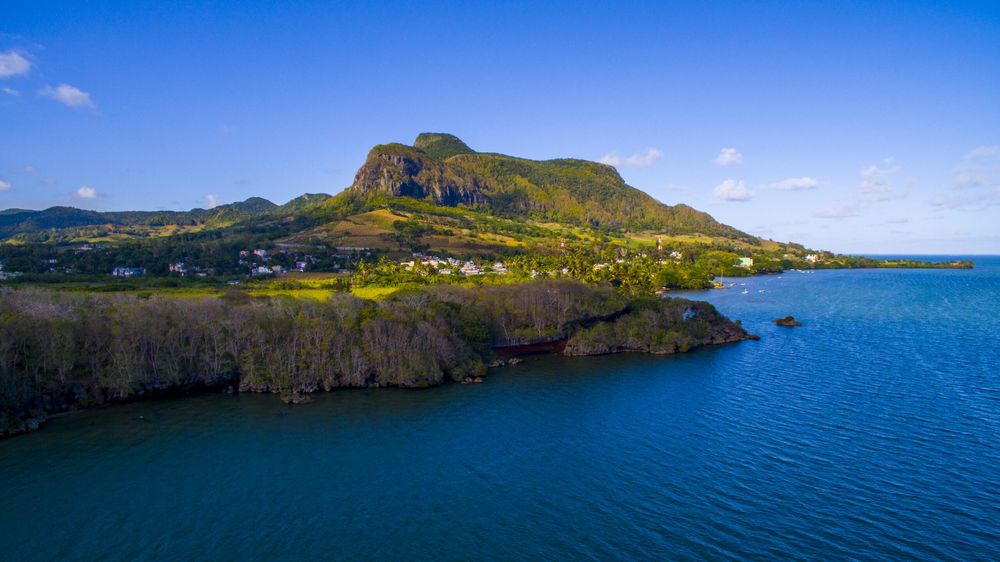Table of Contents
Introduction to Divali in Mauritius
Nestled in the turquoise waters of the Indian Ocean, Mauritius is celebrated not only for its pristine beaches but also for its vibrant cultural mosaic. Divali in Mauritius, known locally as Dipavali or the Festival of Lights, illuminates this island nation each autumn. More than merely a religious observance, it has become a cornerstone of Mauritian identity, inviting residents and travellers alike to partake in a spellbinding spectacle of light, colour, community and culinary delight.
Historical Origins and Significance
Divali traces its roots to ancient Hindu epics. Central to the festival is the return of Lord Rama to Ayodhya following his victorious battle against the demon king Ravana, symbolising the triumph of good over evil. Simultaneously, Divali honours Goddess Lakshmi, the deity of wealth and prosperity. Homes are ritually cleansed to welcome her blessings for the coming year.
Arrival of Divali Traditions on Mauritius
The story of Divali in Mauritius begins with the arrival of indentured labourers from India in the 19th century. They brought with them age-old rituals, cuisine and artwork—infusing local culture with Diwali’s luminous spirit. Over generations, Divali evolved into a shared national celebration, transcending religious boundaries and uniting the island’s diverse communities in festive harmony.
When and Where to Celebrate Divali in Mauritius
Divali 2025 Dates and Public Holiday
In 2025, Divali falls on Monday, 20 October—a day recognised as a public holiday across Mauritius. Preparations often commence days in advance, with families and temples busy crafting rangolis and neighbourhoods illuminated from dawn until late night.
Major Hubs of Festivity: Port Louis, Grand Bay & Beyond
- Port Louis: The capital bursts into life with temple ceremonies at the Ganga Talao Mandir and street fairs featuring live music and dance.
- Grand Bay: Known for its annual Divali Fair, Grand Bay offers artisan markets, fireworks over the lagoon, and late-night food stalls.
- South Coast Villages: Smaller communities in Souillac and Mahébourg host intimate gatherings where visitors can join home-hosted feasts and traditional bhajan sessions.
Rituals and Traditions
Lighting Diyas: Illuminating Homes and Temples
No facet of Divali in Mauritius is more emblematic than the soft glow of diyas (earthen lamps). Placed on windowsills, stairways and garden walls, these flickering lights symbolise hope, warmth and spiritual enlightenment.
Creating Rangoli: Art at Every Threshold
Rangoli—intricate patterns crafted from coloured sand, rice flour or flower petals—adorn house entrances across the island. Designs range from geometric motifs to floral mandalas, each bespoke artwork inviting prosperity and warding off negativity.
Fireworks and Community Gatherings
At nightfall, fireworks paint the sky above Port Louis harbour and coastal towns. Community centres organise cultural performances—classical Indian dance, sega fusion pieces, and devotional music—underscoring Mauritius’s unique blend of heritage.
Culinary Delights of Divali in Mauritius
Traditional Vegetarian Specialities
Mauritian kitchens brim with savoury vegetarian dishes such as samosas, faratas, chana puri, and boulettes (steamed lentil dumplings). These are shared generously among neighbours, embodying the festival’s spirit of unity.
Sweet Treats: Gâteaux de Patate Douce, Barfi and More
Desserts are integral to the celebration feasting. Local favourites include:
- Gâteau de Patate Douce: A steamed sweet potato cake infused with cardamom.
- Coconut Barfi: Coarsely grated coconut, sugar and condensed milk pressed into diamond shapes.
- Kesar Laddoo: Saffron-scented gram flour balls rolled in pistachios.
Community Feasts and Sharing
Beyond immediate family, households extend invitations to friends of all backgrounds—overcoming cultural divides and forging new bonds through communal dining.
Top Venues and Events for ‘Diwali’ 2025
L’Aventure du Sucre Cultural Festival
Held at the historic sugar mill of Beau Plan, this festival blends culinary demonstrations with guided tours on sugar plantation heritage. Special evening events for the celebration including diya-lighting workshops and live storytelling.
Grand Bay Divali Fair
One of the island’s largest outdoor gatherings, the Grand Bay Fair features artisan stalls, fusion food trucks, interactive rangoli stations, and a grand fireworks finale over the lagoon.
Temple Open Houses and Cultural Performances
Temples at Ganga Talao, Triolet Shivala, and Pamplemousses Kali Bari host open houses where visitors can observe puja rituals, partake in prasad (blessed food), and enjoy classical recitals.
Practical Tips for Visitors
Dress Code and Décor Etiquette
- Attire: Opt for traditional saris, kurta-pyjamas or elegant casual wear in bright hues.
- Gifts: Bringing sweets or flowers to hosts is customary. Avoid leather items when visiting temples.
Booking Accommodation and Transport
Securing lodging months in advance is advisable—particularly near Quatre Bornes, Port Louis and Grand Bay. Public transport is limited on the public holiday, so consider car hires or ride-sharing apps early.
Health & Safety Amidst Crowds
Stay hydrated in the humid tropical climate, apply reef-safe sunscreen if attending outdoor events, and keep valuables secure as festivities draw large crowds.
Beyond Divali: Other Festivals in Mauritius
While Divali is a highlight of the October–November calendar, Mauritius’s cultural fabric is woven with numerous other festivals:
- Thaipoosam Cavadee (January/February)
- Chinese Spring Festival (January/February)
- Eid-ul-Fitr (April/May)
- Ganesh Chaturthi (August/September)
- Christmas & New Year (December/January)
Each festivity offers its own unique attractions, making Mauritius a year-round destination for culture enthusiasts.
Frequently Asked Questions (FAQ)
When is Divali celebrated in Mauritius each year?
Divali typically falls in October or November, following the Hindu lunar calendar. In 2025, it will be observed on Monday, 20 October.
Is Divali a public holiday in Mauritius?
Yes. Divali has been declared a national public holiday.
Can non-Hindus participate in Divali events?
Absolutely. Divali celebrations in Mauritius are deeply inclusive. Temples, fairs and community events welcome all visitors with open arms.
What should I wear to attend temple ceremonies?
Modest attire is requested. Women often wear saris or salwar kameez, and men wear kurta-pyjama. Cover shoulders and knees when entering temple premises.
Are fireworks safe to use during Divali?
Fireworks are a traditional part of the festivities, but always purchase from licensed vendors, handle sparklers at arm’s length, and supervise children closely.
You can visit the following links for more information on Mauritius, where to stay in Mauritius , on hotels in Mauritius and luxury resorts in in Mauritius






